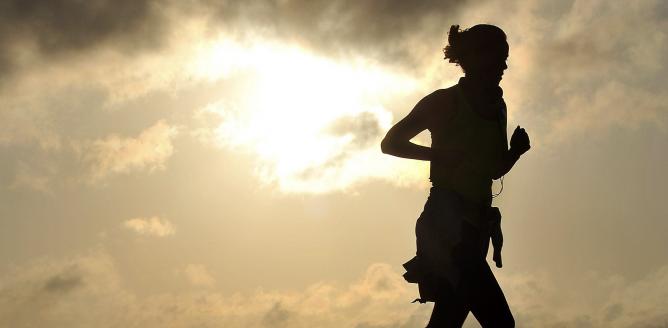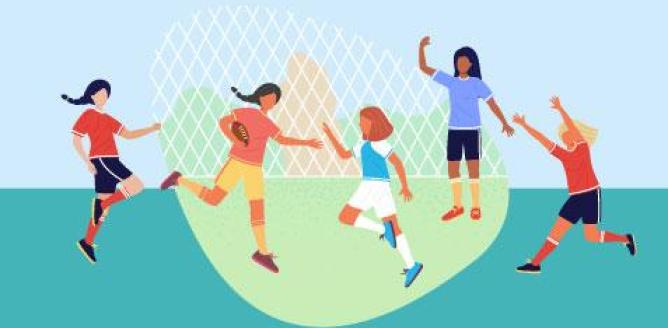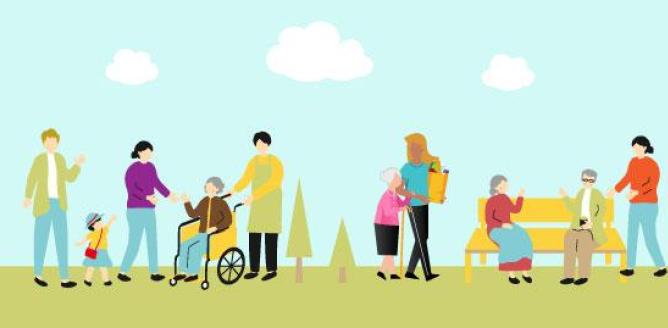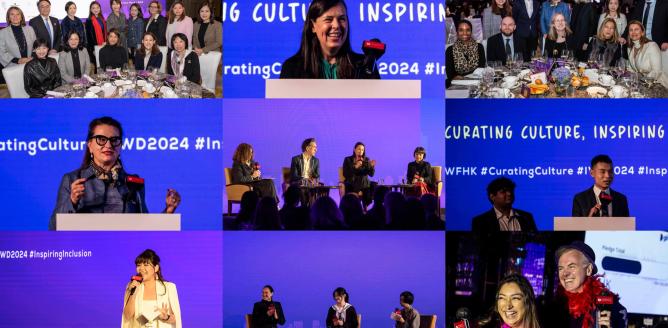For anyone who spent the Easter weekend hiking, biking or swimming and making the most of the good weather - spare a thought for the group of female runners who were told at the last minute they couldn’t take part in the Tehran marathon and staged their own race instead, putting themselves at risk of being arrested and detained by Iran’s religious authorities.
Around 160 women out of a total of 600 runners had registered to compete in last Friday’s first ever ‘TehRUN’, a 26 mile (42 kilometre) race around the Iranian capital. However, female participants were sent an email three weeks ago advising them that they would actually not be allowed to take part.
Since the 1979 revolution, Iranian women have had to follow strict dress and behavioural codes in public. Men and women cannot take part in sports together and are not allowed to be spectators at events involving the opposite gender.
The authorities then announced that women could take part in the 10K run but not the half marathon or full marathon. Having come so far and trained so hard, a group of 12 Iranian and international female entrants came up with the idea of their own “secret” marathon in a local park, doing 700 metre loops for 32K before joining the official 10K race for women.
At TWF, we applaud organisations like ‘Free to Run’, a non-profit dedicated to using running and outdoor adventure to empower and educate women and girls who have been affected by conflict. Free to Run operates on the basic principle that sport is a human right and not a luxury.
As Free to Run says: “Unfortunately, in many areas of the world, there are few opportunities to participate in sports. Women and girls are especially restricted as a result of widespread discrimination and traditional beliefs about female roles. In countries like Afghanistan, harmful cultural and gender norms significantly limit the ability of women and girls to engage in activities outside the home. Particularly in areas affected by conflict, sports opportunities are extremely limited or even non-existent due to a lack of resources and insecurity. There is an overwhelming need to develop opportunities for women and girls to become involved in sport and physical education. The benefits of these activities are too numerous to count. On an individual level, they can help to develop emotional and physical well-being and personal power. At the community, regional or national level, sports programmes can be used as a tool to promote gender equity, enhance children’s and women’s rights, and address harmful discriminatory practices. Sport activities can also be used as a platform to provide important life skills education. Through sports, women and girls have the opportunity to convene around a common interest, build their social networks, and develop their independence and public participation outside of the home. We strongly believe in the power of sports to transform the lives of women and girls, and we're deeply committed to making that happen."





















